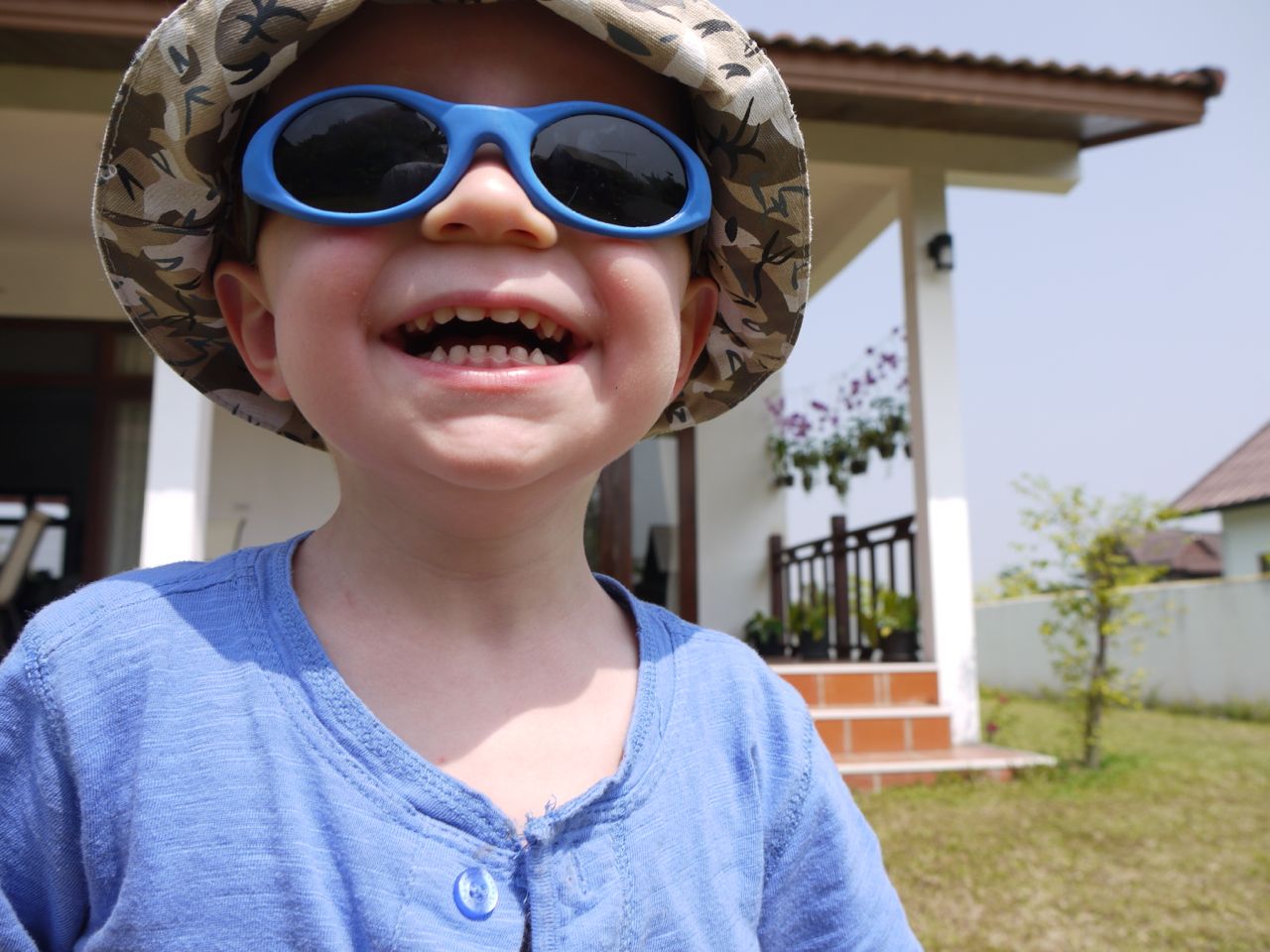I’m back on the writer’s schedule for A Life Overseas after my “maternity leave”. Here’s today’s post…
If you have a toddler or young child and you’ve moved overseas, you might have learned (as I am learning) that the adage that kids are resilient doesn’t mean that change doesn’t cost them. Most children might be generally adaptable, but many are firmly attached to valued routines and known, safe spaces. Moving comes at an energy and emotional cost to young children, just as it does to adults.
It’s been a week today since I arrived back in Laos after spending six months in Australia delivering our second child within easy reach of good hospitals. The maternal mortality rate in Laos still hovers in the shocking range of 1/49 (around 1/30 for women out in the villages without even access to basic health centers). Not even Lao women have their babies in Laos if they can easily afford to go to Thailand.
In April I left from Luang Prabang almost six months pregnant with a non-verbal 20-month old toddler in tow. I’ve returned to a new house in a new city (Vientiane) with a child who talks almost constantly, and who calls his grandparents house in Australia “home”. After six months of living with his Nana and Papa while his “Dada” came and went a couple of times on the “pane”, Dominic is understandably confused at the total upending of his world. He keeps asking for his grandparents, the green lawnmower, and to “go home.”
The first time this happened we were five hours into our flight to Bangkok. My husband, Mike, and I reminded him that we were going to Laos.
“To our new home,” Mike said brightly.
“We have two homes,” I said, equally brightly, secretly wishing I could comply with his demand to turn the plane around. “One in Australia and one in Laos.”
“No. One home,” Dominic said, staring us both down.
“Oh my child,” I said. “You are about to get very, very confused when it comes to home, for which I am truly sorry. But don’t worry. If you’re anything like me, around the time you turn 30 you’ll spend three years writing a memoir about this problem of home and it’ll all make a bit more sense.”
All flippancy aside, it’s been really hard to see Dominic struggle to figure out what’s happening and how much he misses his grandparents (and that damn green lawnmower). I have decades of practice at adjusting to these sorts of transitions myself, but watching my child missing his “home” is forcing me to acknowledge how much I, too, miss that home.
It’s also making me realize that I need to refresh my own knowledge related to helping young children deal with change. So, today, I offer you some thoughts on helping toddlers and young kiddos with a massive change like an overseas move.
… to read the rest of this post, jump on over to A Life Overseas.


